- Home
- Hvac And Refrigeration
.....Read More

Air Conditioners & Evaporative Coolers
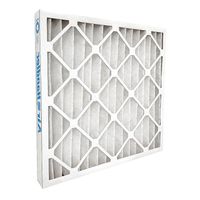
Air Filters
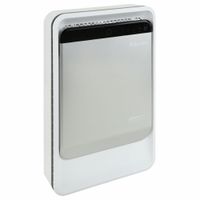
Air Treatment

Central Equipment
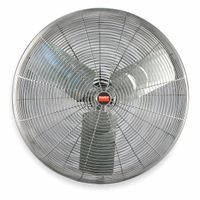
Cooling Fans
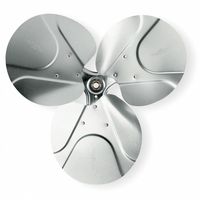
Fan Blades and Propellers
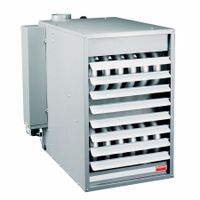
Heaters
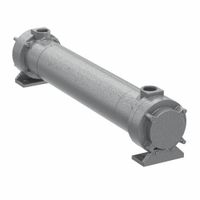
Heat Exchangers
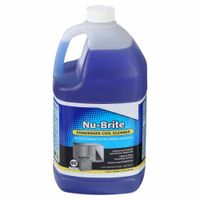
HVAC Cleaning Chemicals, Equipment & Kits
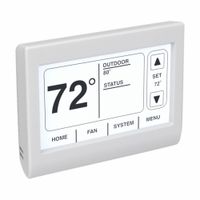
HVAC Controls and Thermostats
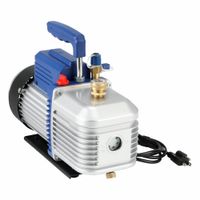
HVAC Diagnostics, Recovery & Evacuation
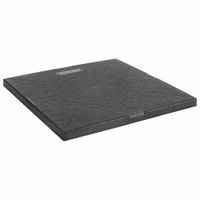
HVAC Installation, Repair, & Mounting Equipment
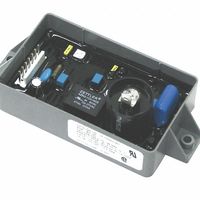
HVAC & Refrigeration Replacement Parts

Refrigerants, Glycols & Lubricants

Ventilation Equipment
Frequently Asked Questions
What is HVAC and how does it work?
How often should HVAC systems be serviced?
What are the signs of a failing HVAC system?
How can I improve the efficiency of my HVAC system?
What is the average cost of HVAC repair or replacement?
How do I choose the right HVAC system for my home?
What is the difference between HVAC and air conditioning?
How do I troubleshoot common HVAC problems?
What are the best HVAC brands on the market?
How does refrigeration work in HVAC systems?